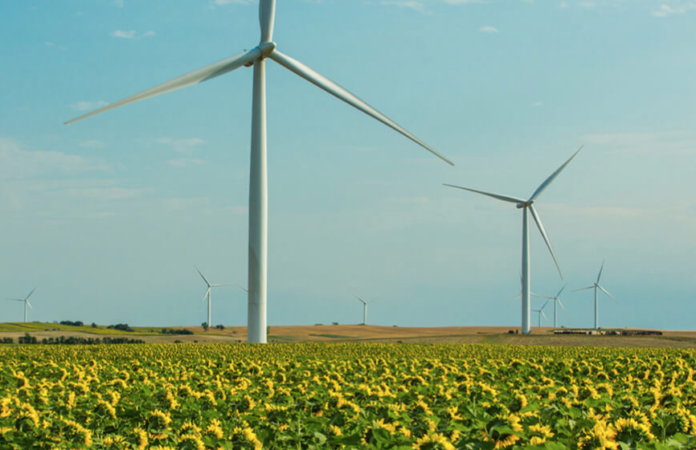Minnesota Power, an ALLETE company, has unveiled its plans to deliver 100% carbon-free energy to customers by 2050, continuing its commitment to climate, customers and communities through its EnergyForward strategy.
Minnesota Power says its vision for a carbon-free future builds on its recent achievement of now providing 50% renewable energy to its customers. In its upcoming Integrated Resource Plan (IRP), the company will lay out a framework to transition to clean energy over the next 15 years, reflecting plans to expand wind and solar resources, achieve coal-free operations at its facilities by 2035 and invest in a resilient and flexible transmission and distribution grid. The IRP will be submitted to the Minnesota Public Utilities Commission (MPUC) on Feb. 1.
“We are proud to be the first Minnesota utility to provide 50% renewable energy, but as we said when we reached this milestone in December, our transformation to a sustainable energy future is not yet complete,” says Bethany Owen, president and CEO of ALLETE. “We are meeting the challenge of climate change with a reliable energy supply while keeping costs affordable for customers in this region.”
In the IRP, Minnesota Power will identify plans to increase its renewable energy supply to 70% by 2030 and achieve a coal-free energy supply by 2035. These steps include:
-Adding an estimated 400 MW of wind and solar energy
-Retiring Boswell Energy Center Unit 3 by 2030 (335 MW)
-Transforming Minnesota Power’s Boswell Energy Center Unit 4 (468 MW) to be coal-free by 2035
-Investing in a modern, flexible transmission and distribution grid
When the IRP is submitted, the MPUC will begin a regulatory process that provides for input from customers, organizations and communities. Minnesota Power spent the past 12 months in discussions with stakeholders that helped inform the details of its IRP – including the goal of delivering 100% carbon-free energy by 2050.
A final decision on the IRP is expected later in 2021. Minnesota Power says as it achieves the benchmarks outlined in the IRP, it will continue to work with community and environmental stakeholders, local businesses, consumer advocates and other interested organizations on additional strategies for reaching the 2050 carbon-free energy goal reliably, safely and affordably.




